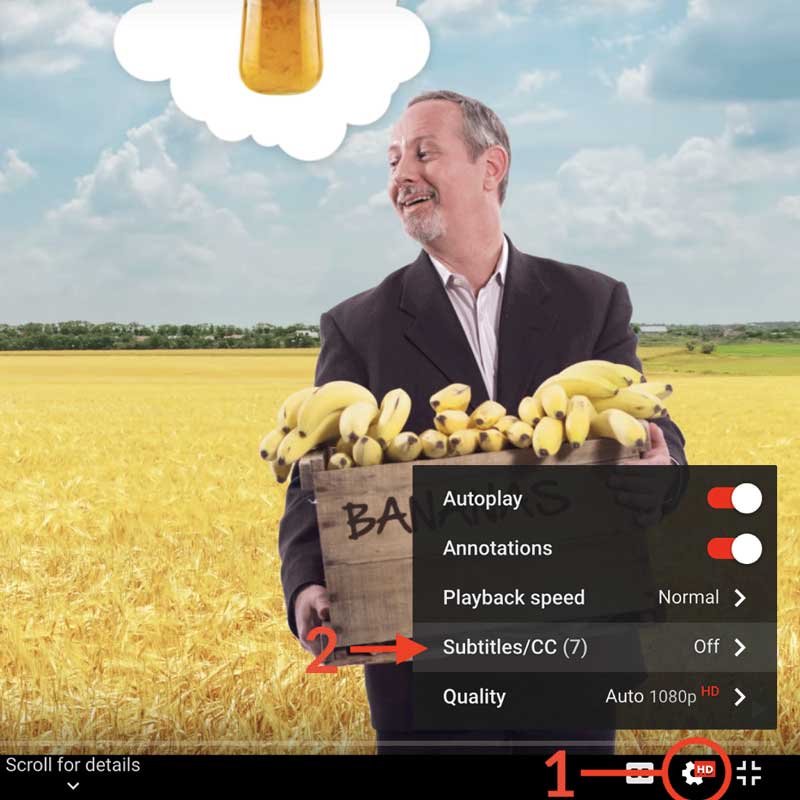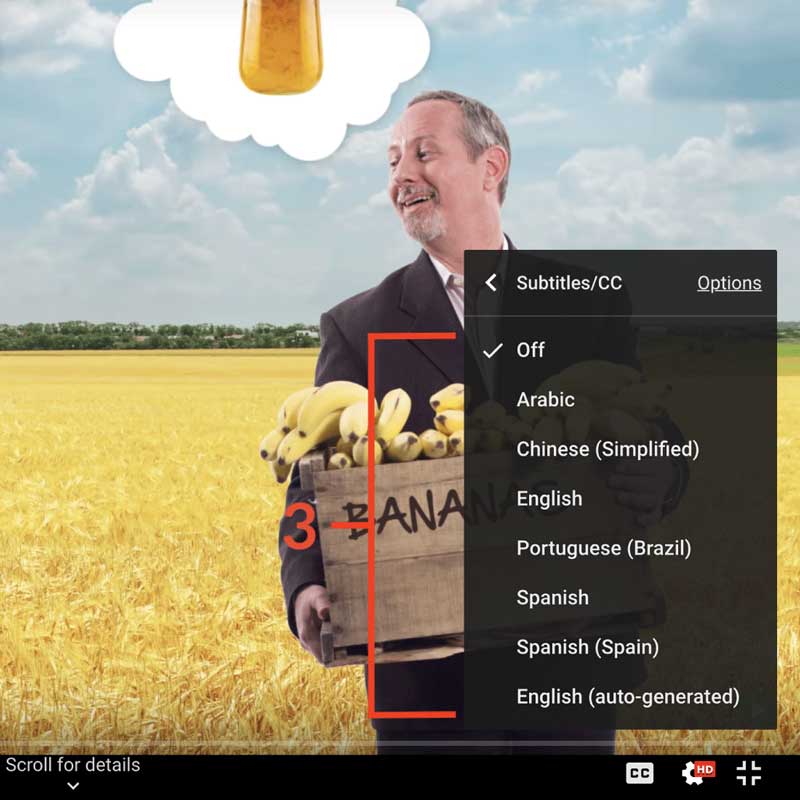Conditional Convergence
Course Outline
Conditional Convergence
What is conditional convergence?
This term is used to refer to how poor countries tend to grow faster than rich countries, converging to similar levels of income.
As you might guess, conditional convergence only applies to countries with similar institutions. If two countries have vastly different institutions, it’s unlikely their levels of income will converge.
But does this theory hold true? In this video we take a look at the 20 founding members of the OECD -- all with similar institutions -- to see whether we observe conditional convergence among the group.
To learn more about the role institutions play in economic growth, check out the Wealth of Nations and Economic Growth section in MRU’s Principles of Macroeconomics course.
Teacher Resources
Transcript
What is conditional convergence? Conditional convergence is the tendency that poorer countries grow faster than richer countries and converge to similar levels of income. However, there's a caveat. This convergence is conditional on institutions and other factors being similar. Two countries with really different institutions -- they're not going to converge. At least that's the theory. Is it true?
Let's take a look at the 20 founding members of the OECD, basically the western developed economies. It seems reasonable to say that they've got similar institutions. Here we're going to plot the growth rate of these countries over 40 years on the vertical axis, and real GDP per capita in 1960 on the horizontal axis. Conditional convergence predicts that the countries which were poorer in 1960 -- they should have grown faster over the next 40 years than the countries which were wealthier in 1960. And that's exactly what we see. The countries which were relatively poor in 1960 -- they grew faster than the countries which were relatively wealthy in 1960. So, among countries with similar institutions, we do see convergence, conditional convergence.
The idea of conditional convergence is important, because it highlights the role institutions play in economic growth.
Subtitles
Thanks to our awesome community of subtitle contributors, individual videos in this course might have additional languages. More info below on how to see which languages are available (and how to contribute more!).
How to turn on captions and select a language:
- Click the settings icon (⚙) at the bottom of the video screen.
- Click Subtitles/CC.
- Select a language.


Contribute Translations!
Join the team and help us provide world-class economics education to everyone, everywhere for free! You can also reach out to us at [email protected] for more info.
Submit subtitles
Accessibility
We aim to make our content accessible to users around the world with varying needs and circumstances.
Currently we provide:
- A website built to the W3C Web Accessibility standards
- Subtitles and transcripts for our most popular content
- Video files for download
Are we missing something? Please let us know at [email protected]
Creative Commons

This work is licensed under a Creative Commons Attribution-NoDerivatives 4.0 International License.
The third party material as seen in this video is subject to third party copyright and is used here pursuant
to the fair use doctrine as stipulated in Section 107 of the Copyright Act. We grant no rights and make no
warranties with regard to the third party material depicted in the video and your use of this video may
require additional clearances and licenses. We advise consulting with clearance counsel before relying
on the fair use doctrine.

